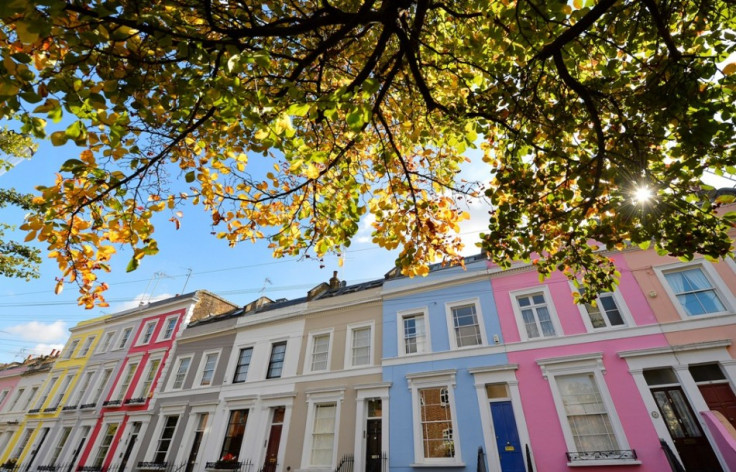UK housing: Prices hit average of £292,000 in 'completely broken' housing market

House price growth accelerated in the UK during January 2016, according to the Office for National Statistics (ONS). The average UK house price grew 7.9% over the year, to £292,000 as the ongoing supply shortage in some areas drives prices ever higher. House building in England is running at around half the level needed to meet demand.
Broken down by country and region, the picture is varied. The ONS average house price grew by an annual rate of 8.6% in England (£305,000), 0.1% in Scotland (£195,000), and 0.8% in Northern Ireland (£153,000). It fell 0.3% in Wales (£195,000).
Across the English regions, the South East recorded the fastest growth at 11.7% to an average of £374,000. London's average rose 10.8% to £551,000, the highest of all regions. The North East saw the slowest growth at 0.9%, reaching an average of £156,000. Next was Yorkshire & The Humber at 3.8% annual growth to £181,000.
"Another rise in house prices is further evidence that the housing market in this country is completely broken, and means just one thing to the millions of ordinary families who can't afford a home of their own – their dreams of homeownership have just spiralled even further out of reach," said Campbell Robb, Shelter's chief executive.
Rising house prices, which are growing faster than incomes in most areas of the UK, have pushed owning a home beyond the affordability of many aspiring first-time buyers. There are structural constraints on the housing supply, such as the high price of land, strict planning rules and an ongoing labour shortage. House building is on the rise, though it still lags well behind growing demand. There were 142,890 housing completions in England and Wales in the 12 months to December 2015, according to government data - a 21% annual increase.
To mitigate against high house prices, the government has a number of policies to help first-time buyers onto the property ladder. These include Help to Buy, which makes mortgages cheaper and easier to access; shared ownership, so people can purchase a portion of a property and rent what they do not own; and Starter Homes, offered at a discount to under-40, first-time buyers.
© Copyright IBTimes 2025. All rights reserved.






















